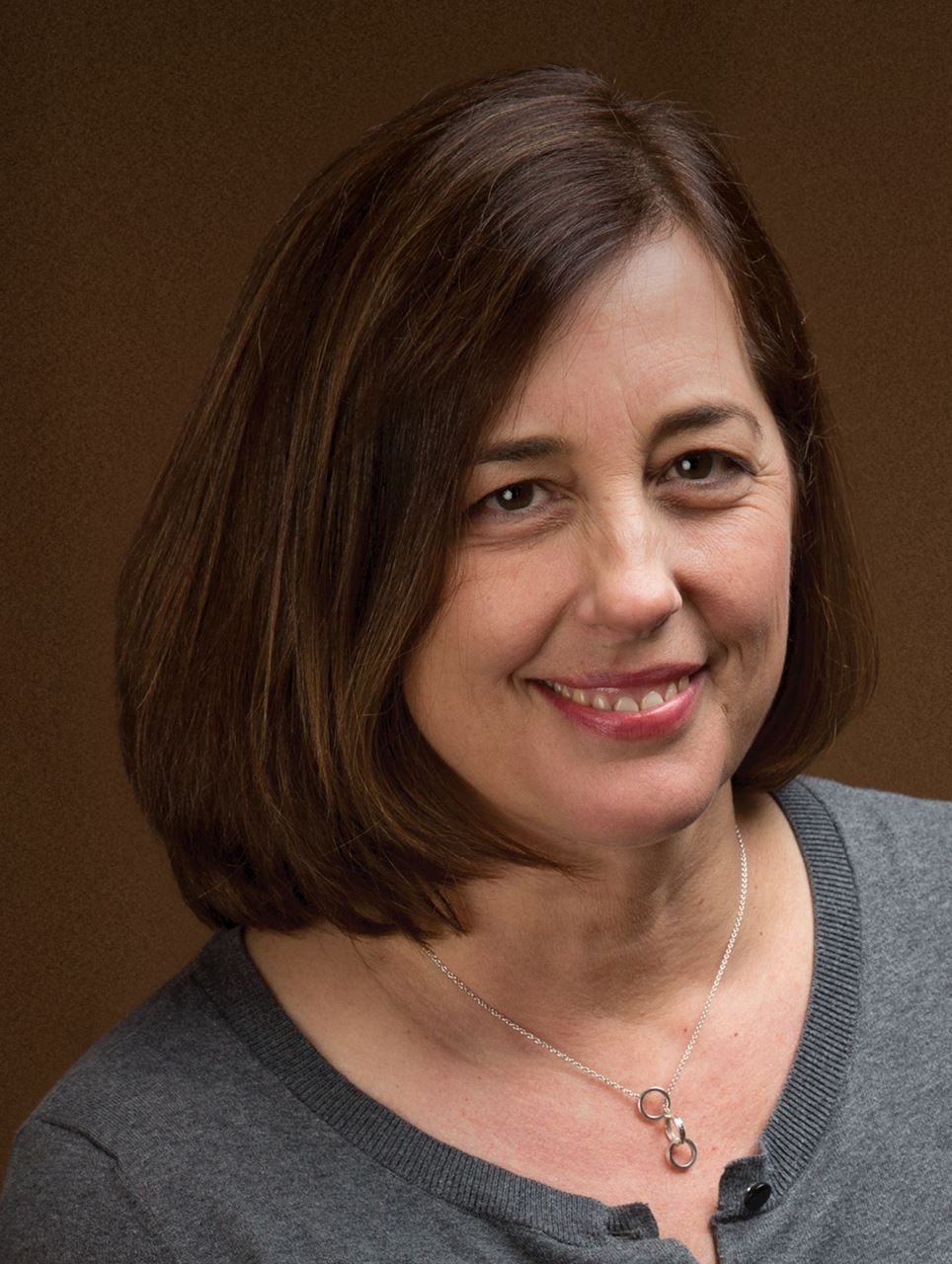 By: Nicole Gerami, M.A., CCC-SLP
By: Nicole Gerami, M.A., CCC-SLP
Speech Language Pathologist and owner of Nicole Gerami, LLC and the FIT Program
Many parents of children with special needs consider adding a social skills group to their child's therapeutic program. Early childhood is the time when kids learn extremely important foundation skills so that they can engage in conversations, relate to others, and, ultimately, make friends. Social skills are tied to many other aspects of development, including language and social emotional development. By nature, social skills happen in a dynamic fashion, with people reacting to each other's comments, questions, facial expressions and body language.
Social skills groups, when well taught and balanced with typical peers, provide a naturalistic environment in which children can practice conversation, engagement and cooperative play with each other. Think of groups as a venue where kids can work on the performance aspect of their developing social skills as opposed to simply learning skills in a one-on-one situation. A well-crafted social skills group should be run by a licensed professional such as a speech language pathologist (SLP). These individuals are experts in understanding exactly which skills a child needs to develop.
For example, a group led by a speech language pathologist would focus on communicative functions such as greeting others, taking turns, answering, requesting, thinking flexibly, and even refraining from interfering behaviors. As well, the SLP knows how to encourage eye contact and help children become focused on each other rather than their own thoughts or objects and events in their environment.
The best social skills groups are formed with children who have similar profiles, cognitive abilities and interests. The format should include a direct lesson followed by cooperative games, table-activities and play. There are many curricula out there that target social skills. Your professional will pick a program that best suits the needs of the children in the group while also designing a treatment plan with the unique needs of your child in mind.